
What is a Micro Inverter and how does it work?
Harnessing the Power of the Sun: The Rise of Micro Inverters
In an age where sustainability and renewable energy sources are at the forefront of global concerns, the solar power industry continues to evolve. Among the innovations in this field, micro inverters have emerged as a game-changing technology, revolutionizing the way photovoltaic installations operate. In this article, we will delve into the intricacies of micro inverters, exploring what they are, how they function, and why they have become a pivotal component of solar installations of any size, from utility-scale installations to plug & play solar kits.
What Are Microinverters and Why Are They a Major Game-Changer
Micro inverters are compact electronic devices that play a pivotal role in converting direct current (DC) electricity generated by individual solar panels into alternating current (AC) electricity, which is compatible with the electrical grid and can power our homes and offices. Unlike traditional string inverters, which are commonly used in solar installations, micro inverters are attached to one to four solar panels only, allowing for independent energy production.
The key differentiator between micro inverters and conventional string inverters lies in their connection configuration. In a traditional setup with a string inverter, all solar panels are connected in series, forming a single string. When connected this way, the performance of the entire string is limited by the weakest link. If one panel underperforms due to shading, dirt, or damage, it affects the entire string's output.
Micro inverters, on the other hand, are connected directly to each solar panel, operating in parallel. This means that each panel operates independently, optimizing its output without being hampered by the performance of neighboring panels. This independent operation ensures that even if one panel is not performing at its peak, it does not drag down the overall energy production of the entire system.
Going More Into Detail
The emergence of micro inverters has been a significant breakthrough in the solar energy industry for several reasons.
- Maximized Energy Production: With micro inverters, every solar panel operates at its maximum potential, irrespective of the performance of neighboring panels. This results in significantly higher energy production, especially in installations where panels may be partially shaded or have varying orientations.
- Enhanced Reliability: Traditional string inverters are prone to single points of failure. If the inverter fails, the entire system goes offline. In contrast, micro inverters are highly reliable because the failure of one micro inverter does not impact the performance of the entire array.
- Improved Safety: Micro inverters operate at lower DC voltages, reducing the risk of electrical hazards during maintenance and installation. String inverters, which handle higher voltages, pose greater safety risks.
- Real-Time Monitoring: Many micro inverter systems come equipped with monitoring capabilities, allowing homeowners and solar installers to track the performance of each individual panel. This transparency ensures timely maintenance and troubleshooting.
- Scalability: Micro inverter-based systems are highly scalable. Homeowners can start with a few panels and add more as needed without major system redesigns.
- Easy installation: Unlike traditional bulky inverters, micro inverters are compact and lightweight, simplifying both transportation and installation. Their smaller size not only makes them easy to handle but also simplifies the connection process. You can install a micro inverter in under a minute or two!
While it's true that, if you are planning to make a big solar panel installation, the initial investment for micro inverters may be higher compared to string inverters, the long-term benefits of increased efficiency, reliability, and energy production make them a wise choice for those looking to maximize the returns on their solar investments.
What to Check When Looking for a Micro Inverter
When evaluating microinverters for your photovoltaic installation, several crucial factors should be taken into account to ensure you make an informed decision:
- Efficiency: Look for a micro inverter with high-efficiency ratings. Efficiency is crucial because it directly impacts how much energy your system can generate. Choose a model that minimizes energy losses during the conversion process. The top performing ones are around 96%.
- Warranty: Consider the length and terms of the warranty provided by the manufacturer. A longer warranty period typically indicates the manufacturer's confidence in the product's reliability. Aim for microinverters with warranties of at least 10 years.
- Monitoring and Reporting: Some micro inverters offer advanced monitoring capabilities, allowing you to track the performance of each individual panel in real-time. This feature can be invaluable for identifying and addressing any issues promptly.
- Durability and Environmental Suitability: Ensure that the micro inverter is designed to withstand the environmental conditions in your location, including temperature variations, humidity, and exposure to UV radiation. Look for models with robust construction.
- Ease of Installation: Consider the ease of installation. Some micro inverters may be easier to install than others, potentially reducing installation costs. Check mainly if they are Plug & Play installations.
- Safety Certifications: Verify that the micro inverter complies with relevant safety standards and certifications in your region. This ensures that the equipment meets safety requirements and is suitable for installation.
- Recent Performance and Safety News: Stay informed about any recent news or reports regarding the performance and safety of the micro inverter models you are considering. Look for any incidents, recalls, or safety concerns that have emerged in the industry. Checking for recent news can provide valuable insights into the track record and reliability of the micro inverters under consideration, helping you make a well-informed decision.
Top Micro Inverter Brands in the Market
As with any upcoming technology, several brands have emerged as leaders in the micro inverter market. Here, we take a closer look at some of the top players, including the standout TSUN brand, along with Enphase, Hoymiles, and Envertec, highlighting their key differentiators.
- TSUN Microinverters: TSUN has garnered attention for its exceptional build quality and efficiency. These micro inverters boast a robust warranty, ensuring peace of mind for homeowners. With a reputation for safety and consistent performance, TSUN stands as a trusted choice for solar enthusiasts.
- Enphase Microinverters: Enphase is a pioneer in the micro inverter space. Their products are known for their advanced monitoring capabilities, allowing users to track each panel's performance in real-time through a user-friendly app. Enphase microinverters have a strong reputation for reliability and come with a competitive warranty.
- Hoymiles Microinverters: Hoymiles has made a name for itself with a focus on innovation. Their micro inverters are designed for easy installation and maintenance, making them an attractive option for both homeowners and solar professionals. Hoymiles products are known for their durability and efficiency.
- Envertec Microinverters: Envertec offers micro inverters with a focus on high efficiency and safety. These microinverters are designed to withstand harsh environmental conditions, ensuring longevity. Envertec's commitment to quality and performance has made them a contender in the market.
Micro Inverters and Plug & Play Solar Kits
Microinverters serve as a linchpin in the development of Plug & Play Solar Kits, playing a crucial role in making even the smallest solar installations not only possible, but also highly efficient. Their unique attributes are instrumental in shaping the landscape of Plug & Play Solar Kits, and here's how:
Small-Scale Solar Made Possible:
Microinverters are tailor-made for small-scale photovoltaic installations, where the number of solar panels are small. In contrast to traditional string inverters, which are optimized for larger systems, microinverters stand out in efficiently managing arrays with just a few panels. This capability is a game-change, as it enables homeowners to install one or two solar panels to reduce the consumption of their household and electricity bill, without the need of installing conventional, expensive, and big photovoltaic installations.
Monitoring: The Key to Small-Scale Efficiency:
In small-scale solar systems, the performance of each individual panel is of paramount importance. Microinverters provide the critical advantage of panel-level monitoring, allowing homeowners to closely track the output of every single solar panel in real-time. This granular level of monitoring is invaluable in Plug & Play Solar Kits, where the efficiency of every panel directly impacts overall energy production.
Tsun Microinverters: Simplifying Monitoring with Direct WiFi Connectivity:
When it comes to monitoring small solar systems, connectivity is key. This is where Tsun Microinverters shine by offering direct WiFi connectivity, a feature that streamlines the monitoring process. Unlike some other micro inverter brands that require additional devices to connect microinverters to the internet, Tsun Microinverters eliminate this complexity.
Direct WiFi connectivity means that homeowners can easily access real-time data on their solar performance without the need for extra hardware or intricate setup procedures. This simplicity not only makes monitoring more accessible to homeowners, even those new to solar technology, but also reduces the potential points of failure in the system, enhancing reliability.
Conclusion
In the ever-evolving landscape of solar energy, micro inverters have emerged as a groundbreaking technology that promises to revolutionize the way we harness the power of the sun.
As you consider your solar energy options, it's essential to weigh the advantages of microinverters and choose a reputable brand that suits your needs. Brands like TSUN, Enphase, Holly Miles, and Envertec offer a range of options with distinct features, warranties, and efficiencies.
In the end, the decision to invest in micro inverters is a step towards a more sustainable future and a sound financial choice for homeowners seeking to harness the full potential of solar power. With these innovations, the sun's energy is harnessed more efficiently than ever before, paving the way for a brighter, cleaner future.

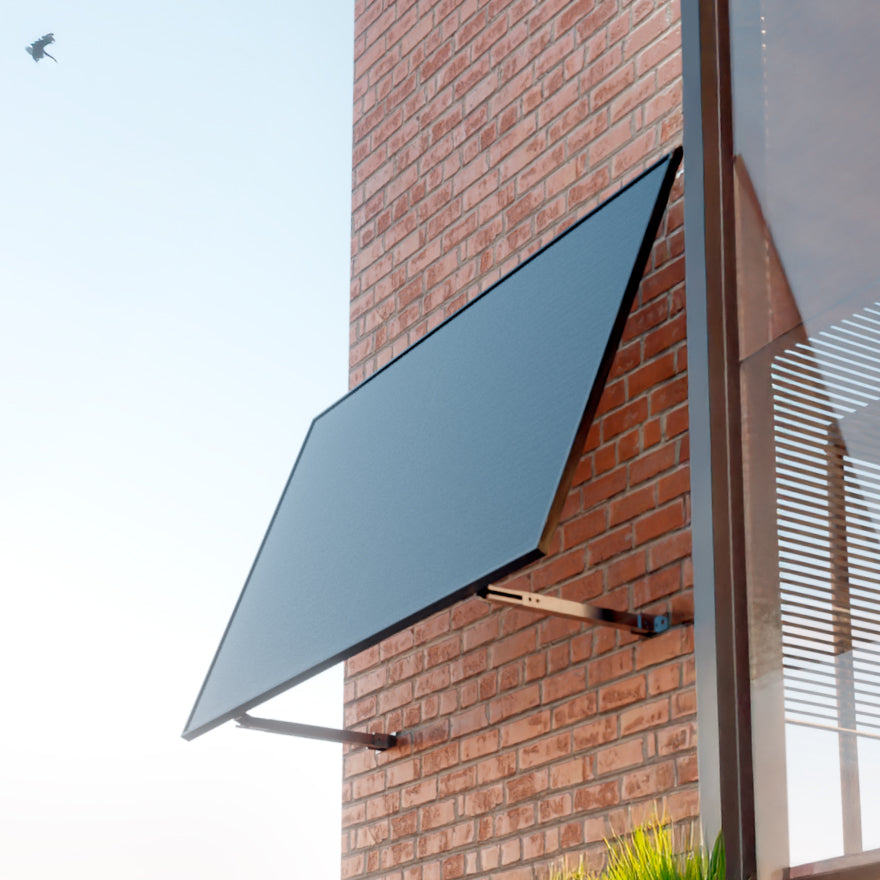
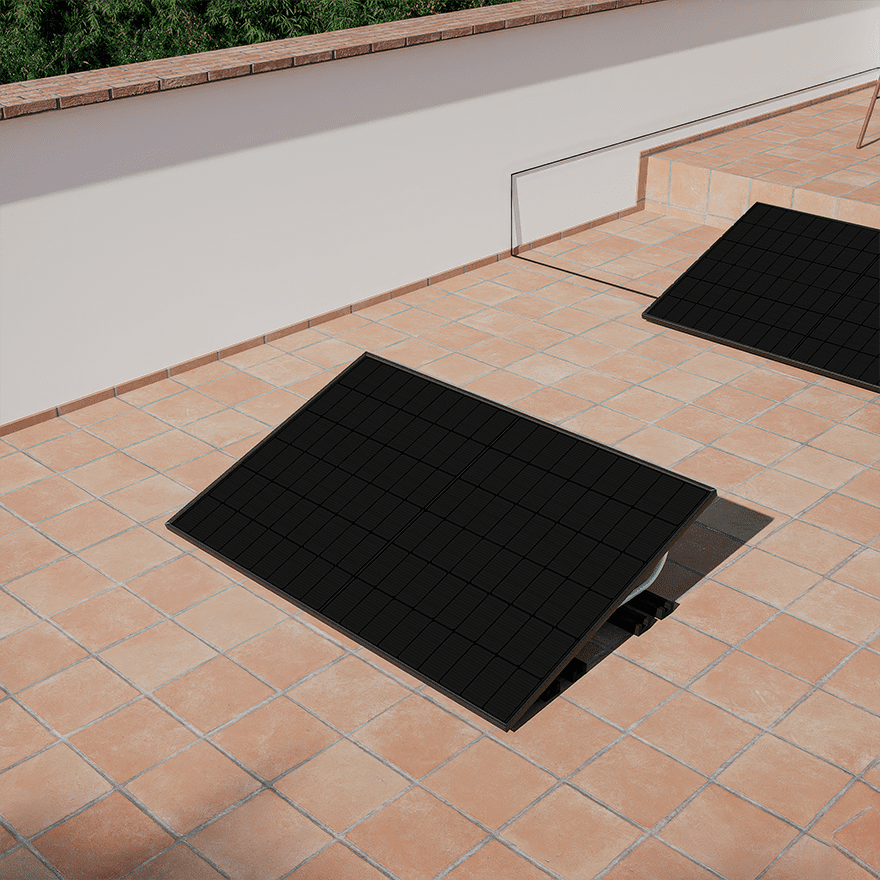
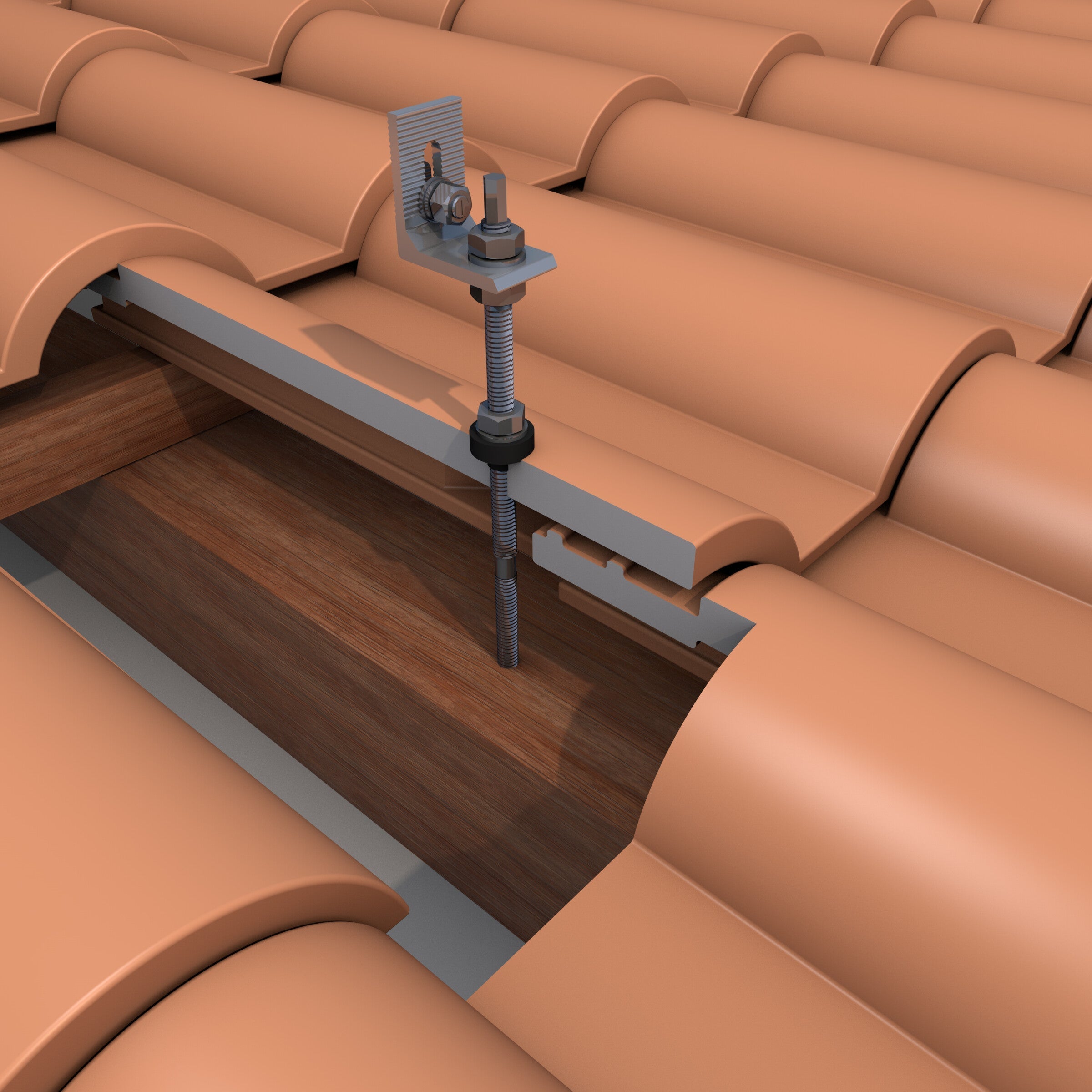
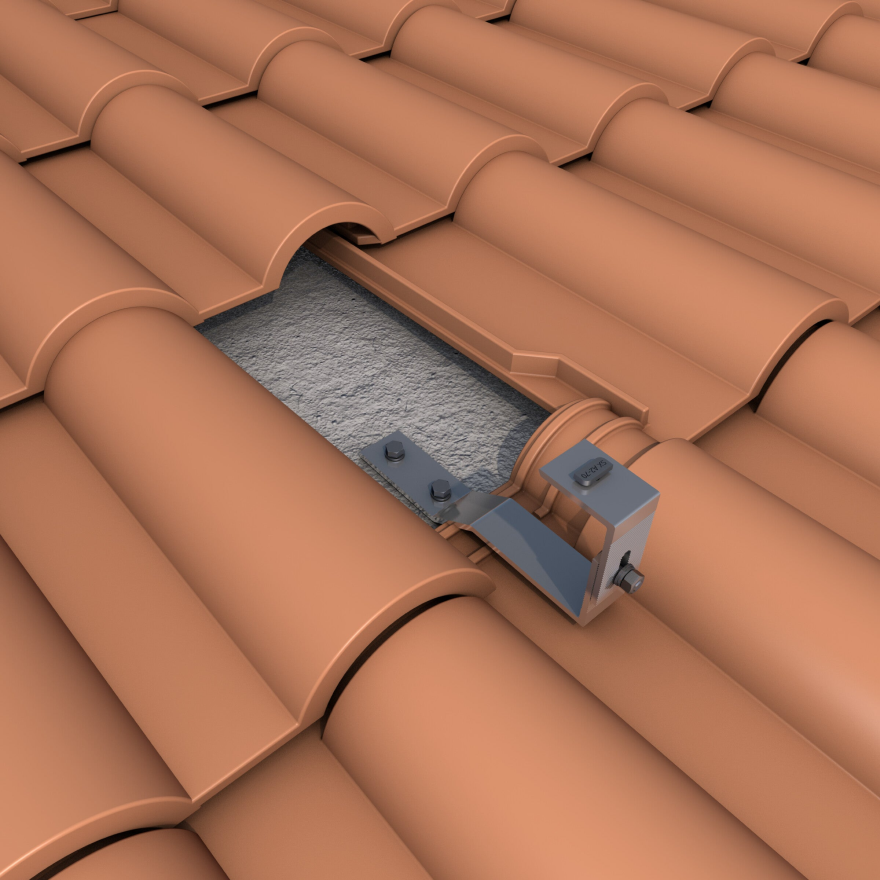
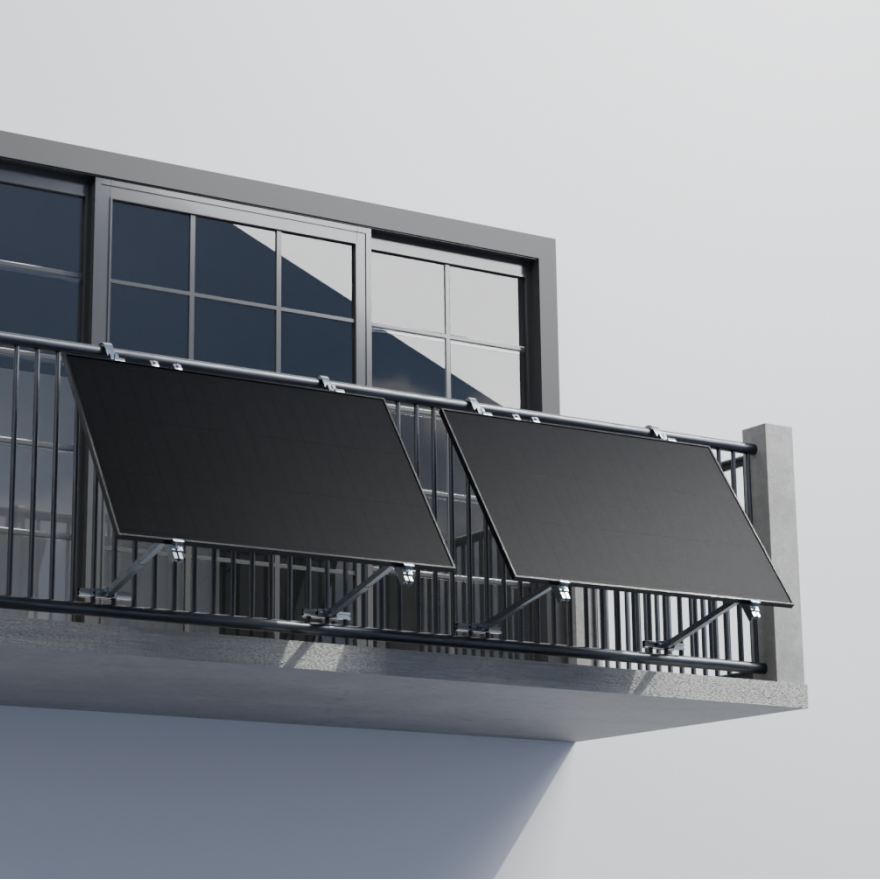
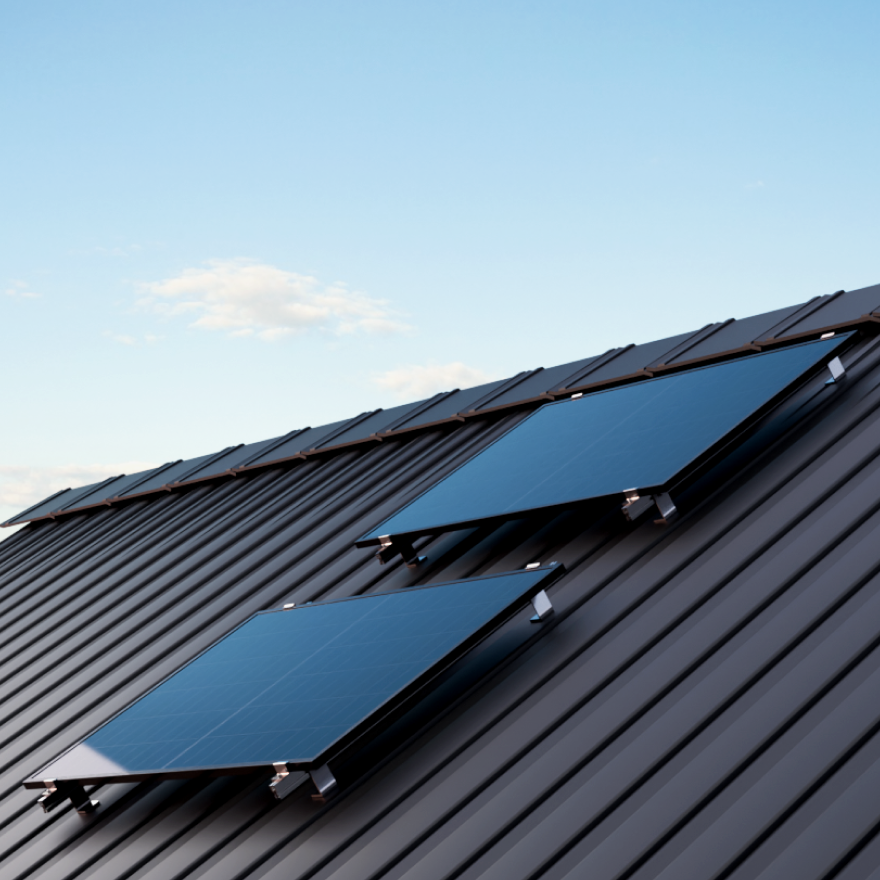
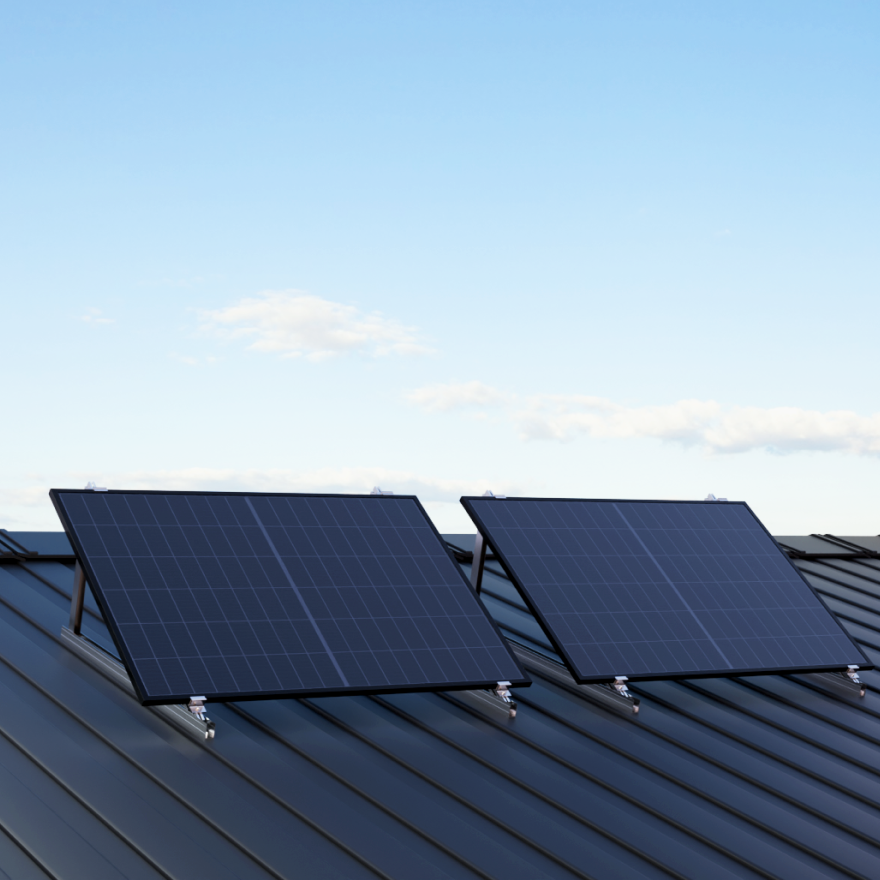
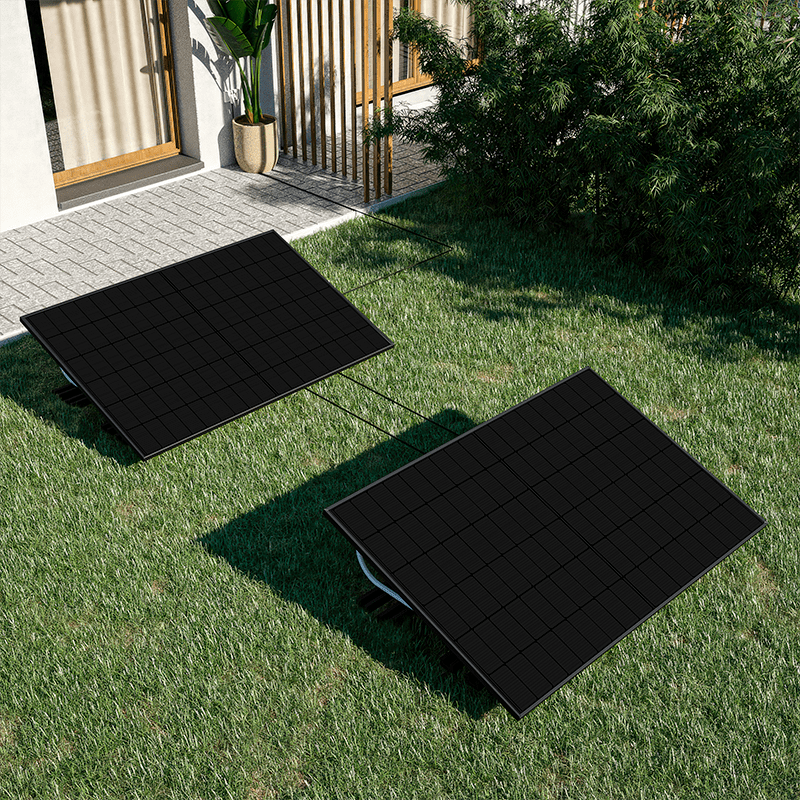
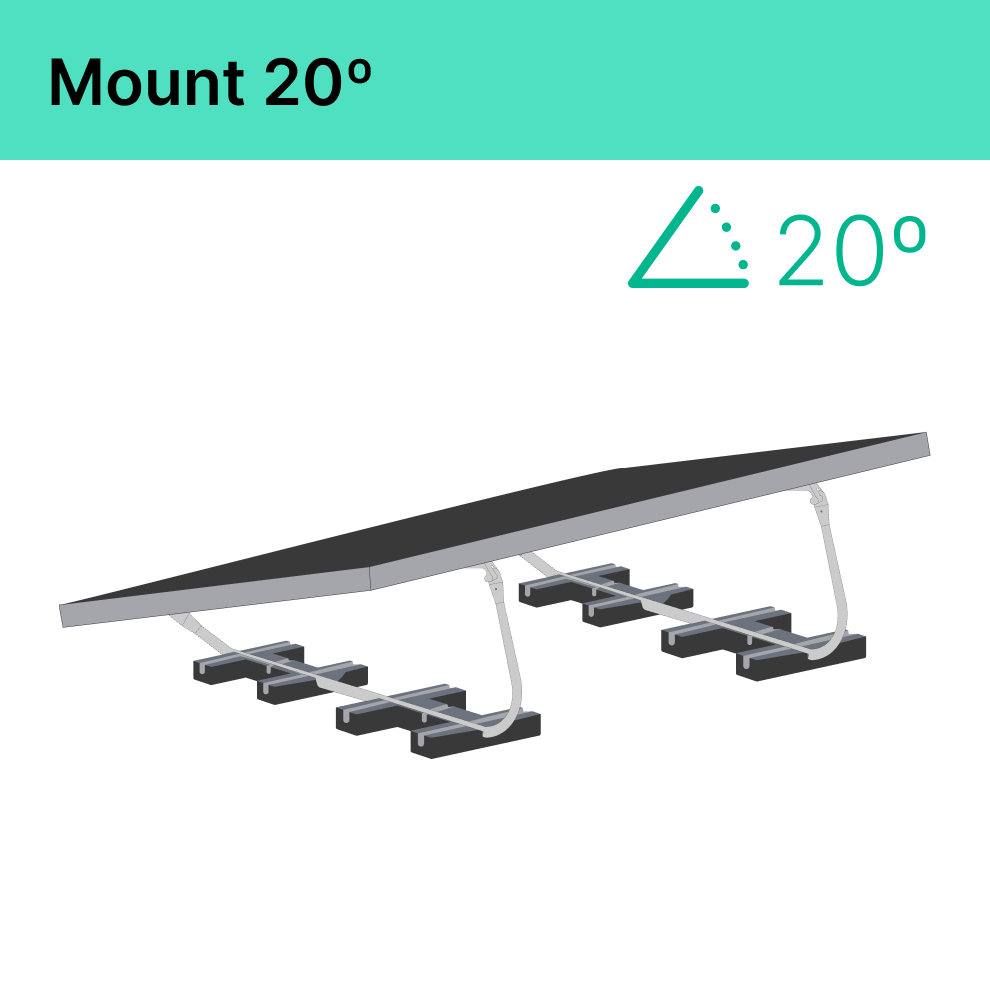
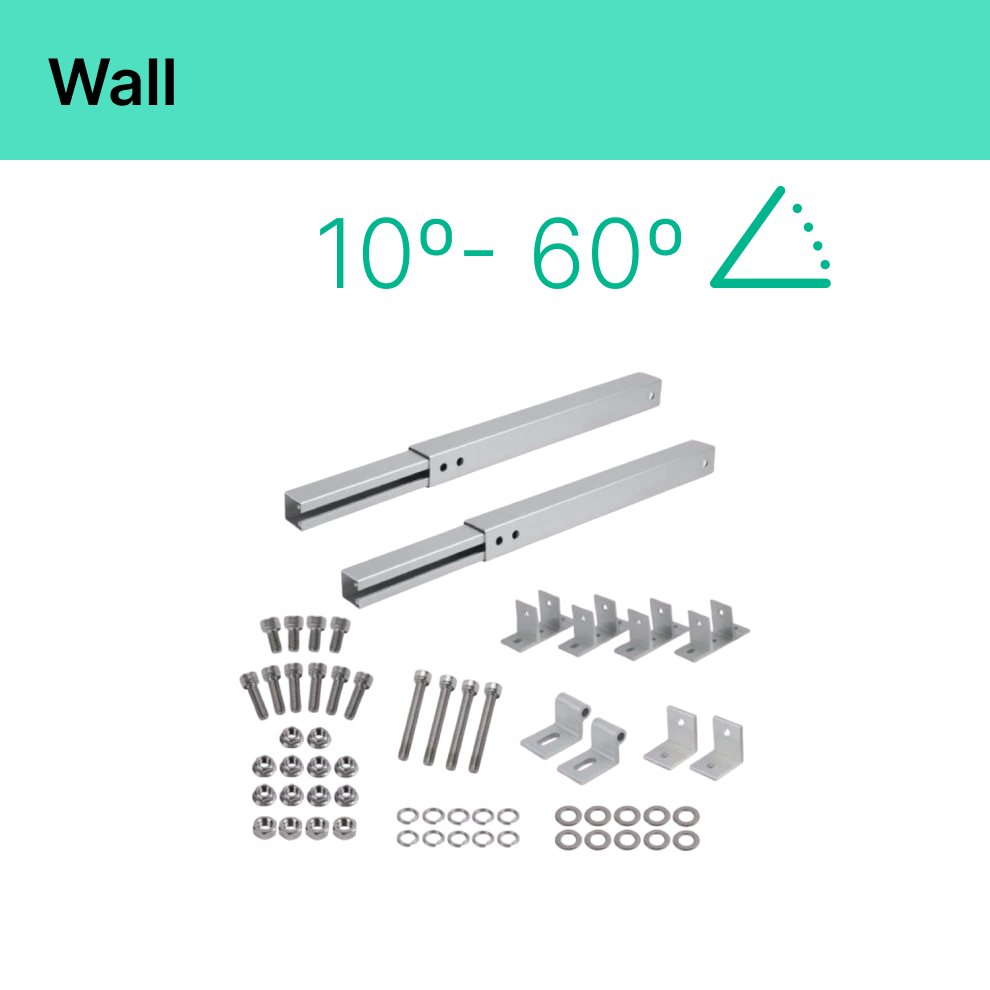
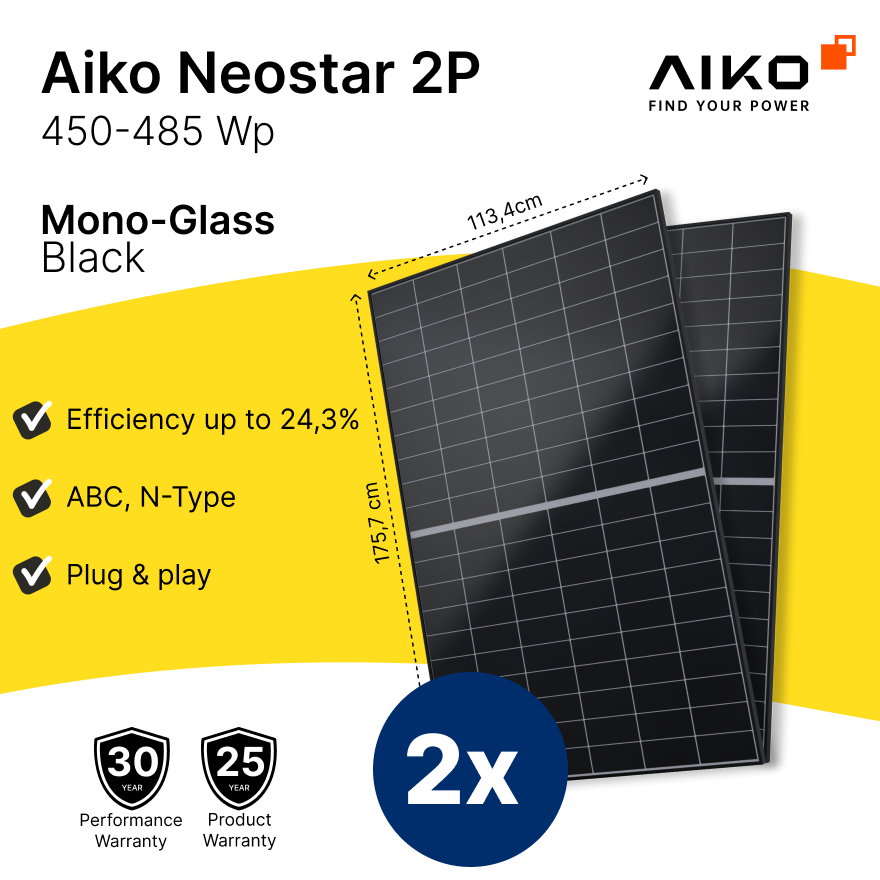
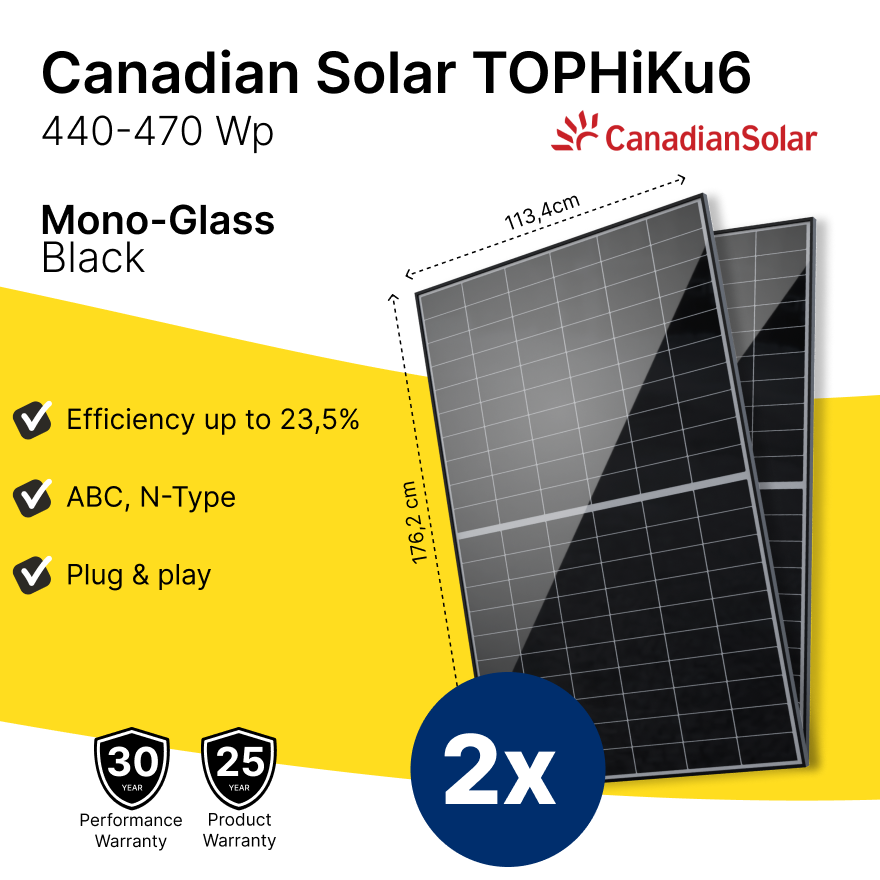
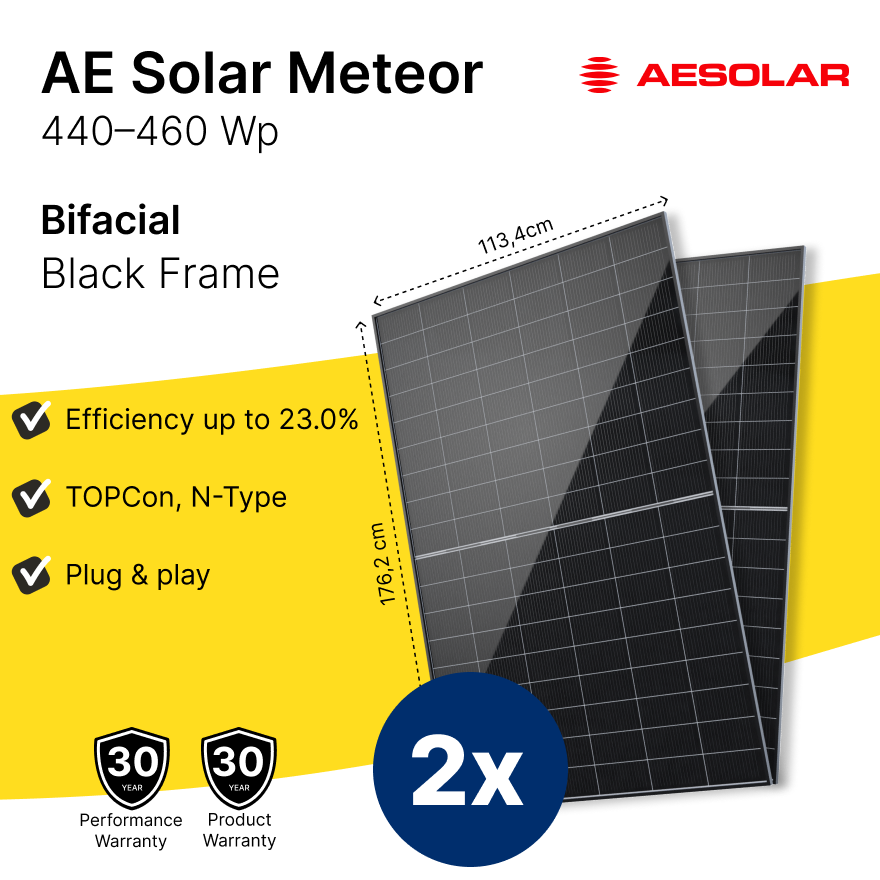
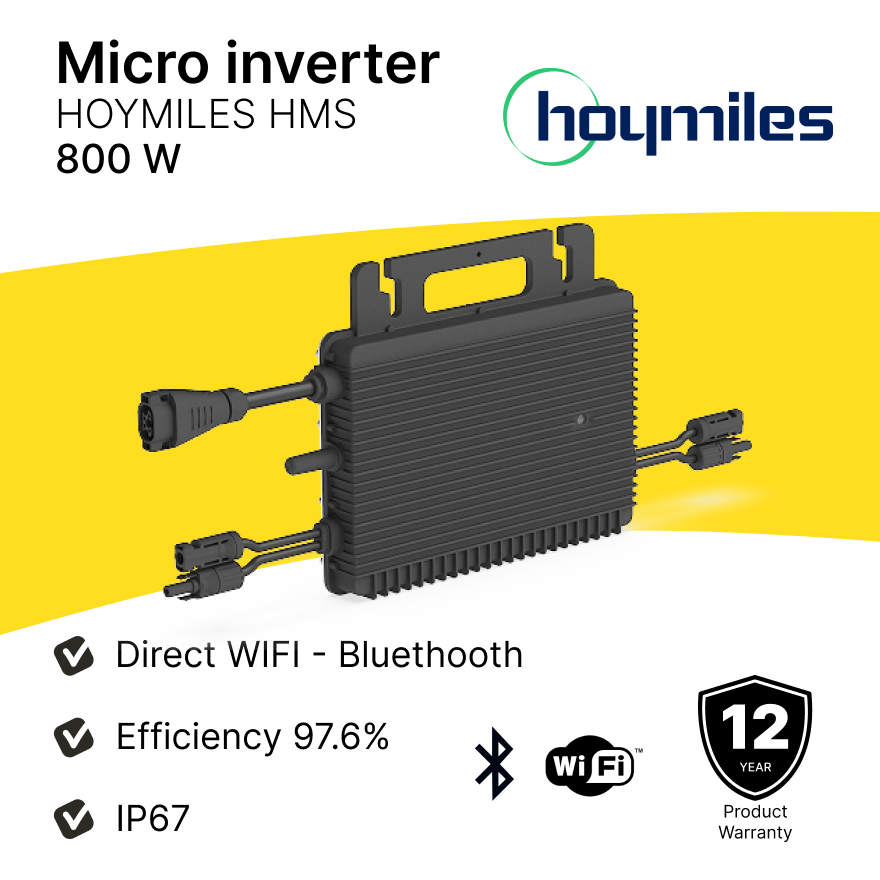



Leave a comment
This site is protected by hCaptcha and the hCaptcha Privacy Policy and Terms of Service apply.